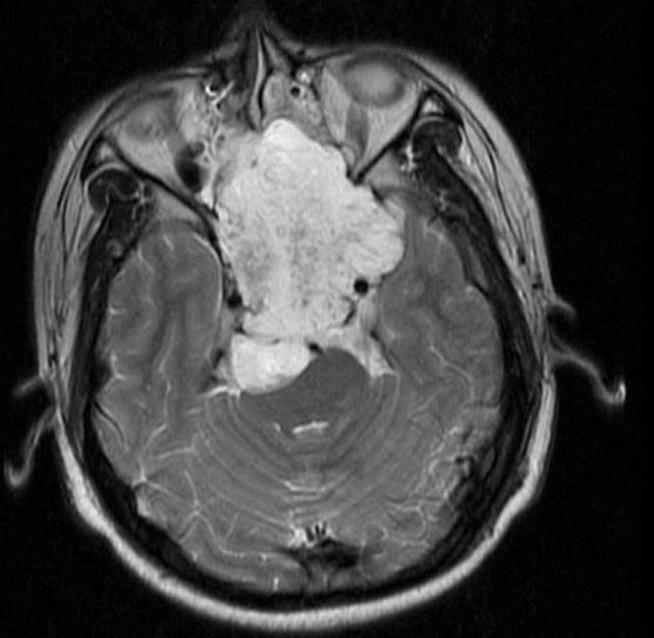Pancreatic Cancer
What is Pancreatic Cancer?
Pancreatic cancer is a type of cancer that occurs when the abnormal cells divide uncontrolled and form a tumor in the pancreas. Pancreatic cancer is seldom detected at its early stages as the signs and symptoms aren’t obvious.
Even though it is not known what causes pancreatic cancer, some risk factors may cause it. Smoking and tobacco use is one of the most important risk factors for pancreatic cancer. The individuals who are smoking are twice as likely to develop pancreatic cancer than the ones who don’t smoke. Being very overweight (obese) is another strong risk factor that 20% increases the opportunity for pancreatic cancer. Besides these possibilities, individuals over age 55 are at high risk of developing pancreatic cancer. Like any other cancer type, pancreatic cancers are 10% related to hereditary genetics. Having a family history of pancreatic cancer may increase the potential of developing pancreatic cancer.
The earliest stage of pancreas cancers, which is hard to determine, is called stage 0 (carcinoma in situ). According to the spread level (if it has spread) pancreas cancers are ranged between stages I (1) through IV (4).
There are two types of pancreas tumors: “Exocrine” and “Neuroendocrine” The most common type of all pancreatic tumors is exocrine and diagnosed with the name “Adenocarcinoma”.
Determining the type and stage of the pancreatic tumor will help to arrange the right treatment option.
What are The Symptoms of Pancreatic Cancer?
In the early stages of pancreatic cancer, the signs and symptoms aren’t obvious therefore it is seldom detected. Generally, pancreatic cancer signs and symptoms occur as the disease progresses.
The common signs include;
- Pain in the abdominal area or back
- Loss of appetite or unintended weight loss
- Jaundice (Yellowing of the skin or eyes)
- Dark-colored urine
- Light-colored poop
- Fatigue
- Fever and shivering
- Itchy skin
- Blood clots
- Diabetes (worsening or newly diagnosed)
- İndigestion
Treatments for Pancreatic Cancer in Turkey (Türkiye)
Turkey offers scientific excellence and a multispecialty approach focused on pancreatic cancer prevention, diagnosis, and treatment. Treatments for pancreatic cancer in Turkey are performed by highly experienced doctors, in fully equipped hospitals with a multidisciplinary approach and comprehensive care. According to the stage and type of pancreatic cancer, specialists in surgery, gastroenterology, radiology, medical oncology, radiation oncology, pathology, and nutrition work together to provide the best treatment.
Treatments for pancreatic cancer in Turkey involve chemotherapy, radiation therapy, surgery, or a combination of these. Experienced doctors in Turkey can successfully treat both pancreatic ductal adenocarcinoma and pancreatic neuroendocrine tumors.
In Turkey, pancreatic cancer surgeries can both be performed by small incisions (laparoscopy) or robotic techniques. Chemotherapy and/or radiation is the option that may be used instead of surgery. Also, chemotherapy and/or radiation may be planned to make the tumor smaller before the surgery or to make sure all cancer cells are killed after the surgery.
Traveling to Turkey to get the best treatment has many benefits. Besides the experience, the hospital costs and treatment fees are much more affordable than in any other European country. Each year lots of individuals prefer to travel for pancreatic cancer treatments in Turkey from all over Europe and Asia.
For further information and treatment please contact…

